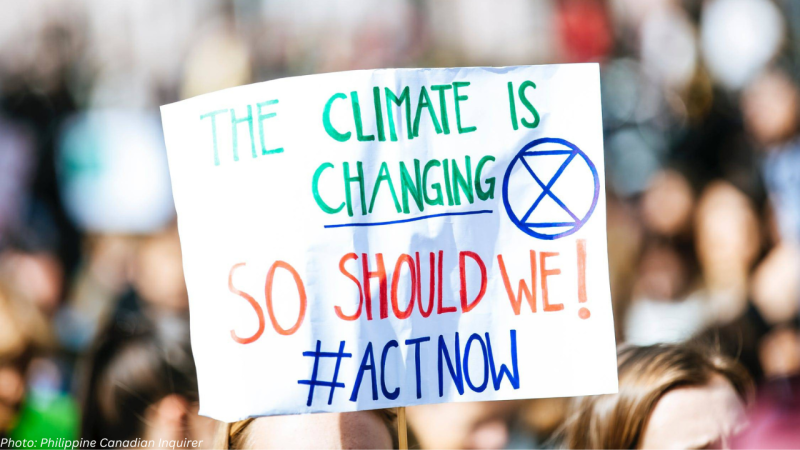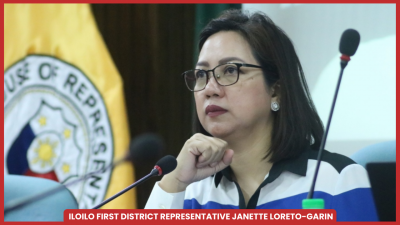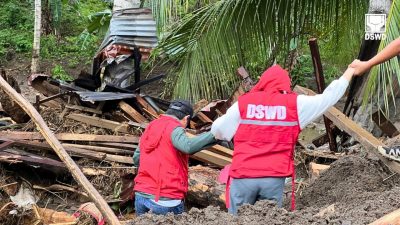(Photo courtesy of Philippine Canadian Inquirer)
MANILA — Commissioner Albert Dela Cruz on Tuesday emphasized the urgent need to address global warming, considering the Philippines’ vulnerability to approximately 20 annual typhoons due to its proximity to the equator.
As per the United Nations (UN), the heat index of global temperatures has risen by approximately 1.1 degrees Celsius compared to the late 1800s.
The previous decade (2011-2020) was recorded as the warmest in history, indicating the unmistakable impact of climate change. Commissioner Dela Cruz revealed that human activities, such as landfill operations, deforestation, and the combustion of fossil fuels, are primarily responsible for climate change.
He highlighted that the warm ocean waters near the equator in the Philippines contribute to the formation of storms.
Over the past decade, super typhoons have been unleashed due to global warming, resulting in significant loss of life, property, and infrastructure.
The commissioner also stressed the negative consequences of landfills, which generate methane—an influential greenhouse gas. Deforestation, on the other hand, reduces the number of trees available to absorb carbon dioxide, leading to the release of accumulated carbon dioxide into the atmosphere.
Moreover, the burning of fossil fuels for electricity production significantly contributes to carbon dioxide emissions, amplifying the presence of greenhouse gases. These gases allow sunlight to enter the atmosphere but hinder the dissipation of heat, leading to global warming.
Global warming profoundly affects our lives. It triggers the melting of polar ice caps, causing rising sea levels, the formation of powerful typhoons, and prolonged droughts. Given the destructive nature of these natural disasters, we cannot afford to be complacent or turn a blind eye while witnessing fellow Filipinos’ homes and agricultural crops being submerged after heavy rainfall.
Commissioner Dela Cruz emphasized the importance of collective action to address this issue. Merely relying on the government is insufficient; we must also take individual responsibility by focusing on mitigation and adaptation strategies.
“We cannot disregard the desperate cries of those who suffer from climate change-induced disasters while comfortably staying in our own homes. So, how can we confront this problem? We must not solely rely on the government but also play our part, primarily through proactive measures and adaptation,” concluded Commissioner Dela Cruz.
(ai/mtvn)







